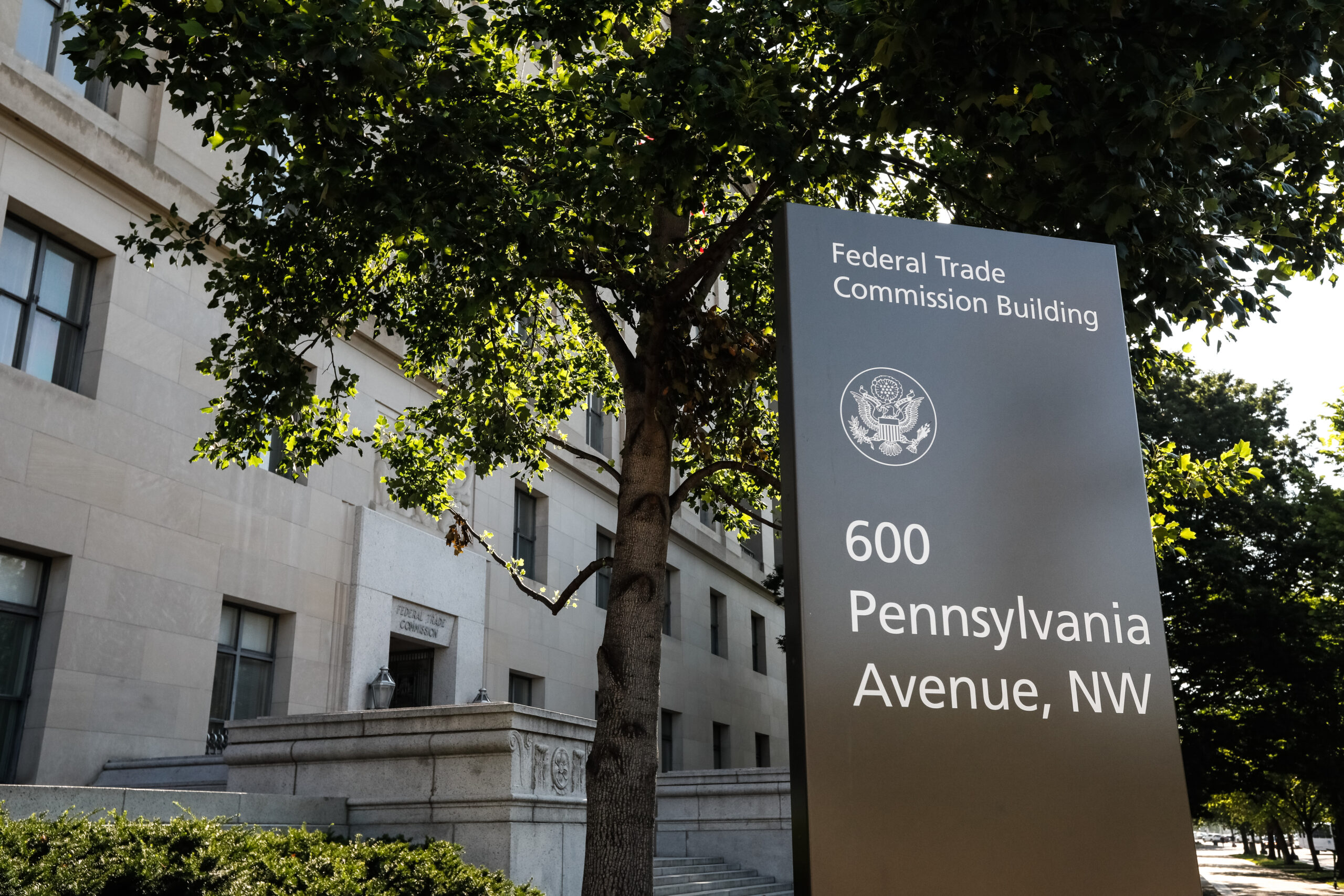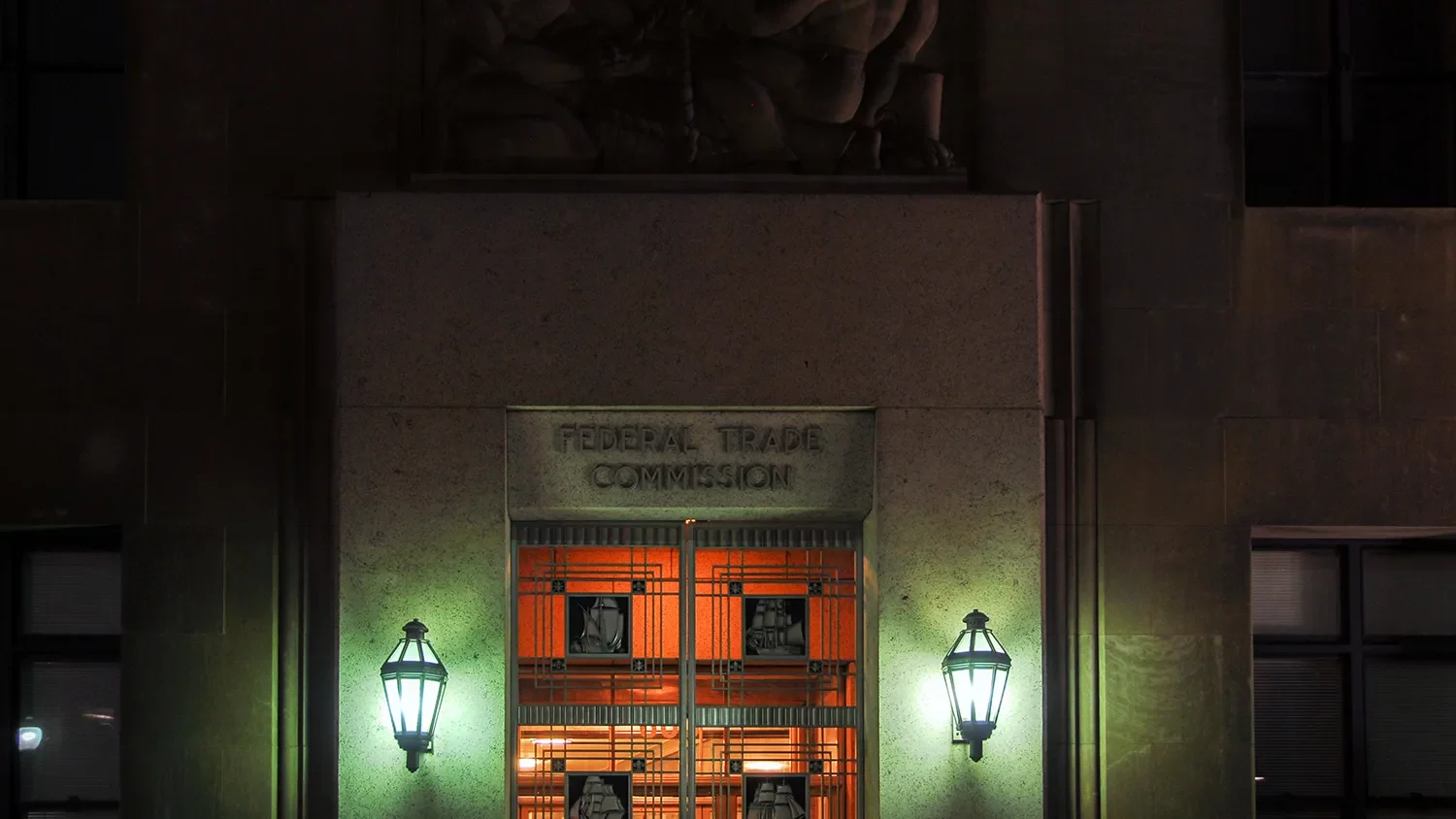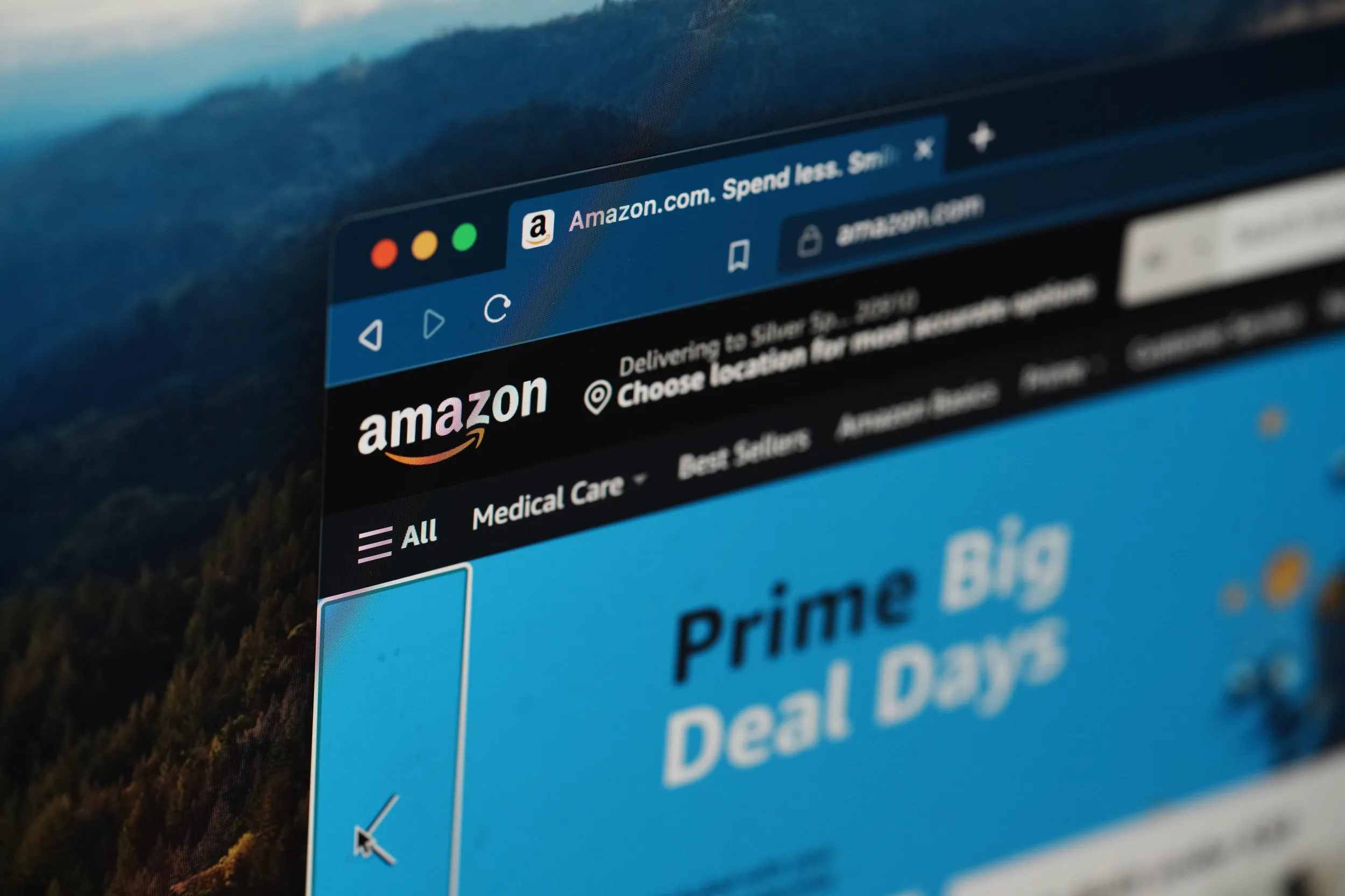The FTC’s Case Against Meta Shows an Antipathy Towards Mergers, but Lacks Legal Grounds

Last Friday, Meta filed a Motion for Summary Judgement (MSJ) in its ongoing case against the FTC for alleged monopolization. The case, initially filed by the FTC in 2020 and amended in 2021, accused Meta (at that time Facebook) of abusing its alleged monopoly power by using a “buy-or-break” strategy to acquire its competitors. The lawsuit particularly focused on the acquisitions of Instagram and Whatsapp by Meta in 2012 and 2014, as support for the FTC’s argument.
As Meta mentioned in its MSJ, the FTC has yet to provide any substantial basis for its case. Broadly speaking, there are several holes in the FTC’s litigation approach.
(1) The agency already greenlit these deals. The FTC reviewed the acquisition of both Instagram and Whatsapp by Meta when they were initially proposed almost a decade ago and cleared both, finding no indications of an anticompetitive risk. Then, six years after the acquisitions were finalized, the FTC sued, contending that those same deals did in fact raise competitive concerns as part of an alleged larger scheme of monopolization. Now, six years after the acquisitions and four years into the case, it must be asked: what is the FTC’s end-goal besides simply breaking up a leading company.
For some, that may be an adequate objective. But the polestar of antitrust enforcement is the welfare of consumers, not industrial policy. Antitrust laws protect consumers from harm that might be caused by anticompetitive conduct. Unfortunately, the recent merger enforcement actions by the U.S. antitrust agencies do not seem to point this way. It is not clear what benefit consumers will obtain from the potential divestiture of these two mergers from a decade ago. Not only do consumers love these services, but breaking up a company and artificially fracturing products in the market would likely end up harming consumers.
(2) The operation of Instagram and Whatsapp have been integrated for the last decade. Expecting services to split off and be “reborn” 10 years laters to compete again with other social media offerings could likely see their degradation. As they lose consumer value, these offerings might have greater trouble attracting consumers who once relied on them, and the degradation of their service would likely make them far less viable choices for consumers, which would actually leave the market with less competition and choice. In the end, there does not seem to be any clear winners from a divestiture of this nature, especially not consumers, other than Meta’s competitors.
As has been noted before, breaking up Meta would not only hinder competition, but it would make it harder to reduce harmful content online and harder to protect users’ privacy. It is easier and more efficient for one company to review harmful content and bring it down than having three companies trying to do the same. This applies with user’s data as well, as having one centralized data storage can be easier to protect, while three different data centers might provide a higher risk for user’s privacy. Additionally, it is not clear what benefits for competition would be obtained this many years later, particularly when Whatsapp and Instagram have not been independent in almost a decade.
(3) The FTC’s case brings a dubious relevant market determination of “personal social networking services.” The FTC is attempting to employ this new market definition to make a case for a monopoly power from Meta. However, this market definition conveniently fails to include companies such as TikTok, Reddit, and other social media platforms that vigorously compete with Meta for user time and advertising revenue.
In a properly defined relevant market, Meta is far from holding a monopoly. Not only does the company lack a 60 percent or more market share, but there is no evidence of high barriers to entry, raised prices, restricted output, or degraded quality, all characteristics of a market with a monopolist. On the contrary, Meta has constantly innovated and worked towards improving the quality of Facebook, Instagram, and Whatsapp to the benefit of consumers.
Although the statute of limitations does not apply to the Federal Government, it is worth noting that the court dismissed the States’ complaint against Meta as, besides not finding enough evidence of the company having a monopoly in the relevant market, it concluded that the delays to file the complaint were unreasonable and unjustified as a matter of law.
This case is yet another example of growing antipathy towards mergers and acquisitions in U.S. antitrust policy. This suit, in addition to the 2023 U.S. Merger Guidelines, as well as the proposed changes to the Hart-Scott-Rodino Premerger Notification Process, are clear points in this philosophy of opposition towards mergers and acquisitions, which has been met with increased criticism from antitrust scholars and economists alike. If this trend continues, it could not only damage a few companies, but hinder innovation and stifle the merger ecosystem in America. Wanting to unwind two acquisitions that are almost a decade old brings increased legal uncertainty to companies considering to merge. This undoubtedly will chill innovation and bring a halt to potential mergers beneficial to the economy.
All of these problems beg the question: how does the FTC justify waiting four-to-six years to file a complaint requesting the divestiture of two acquisitions they themselves approved and, hence, had plenty of notice of their occurrence and no competition, innovation, or consumer harm concerns?







